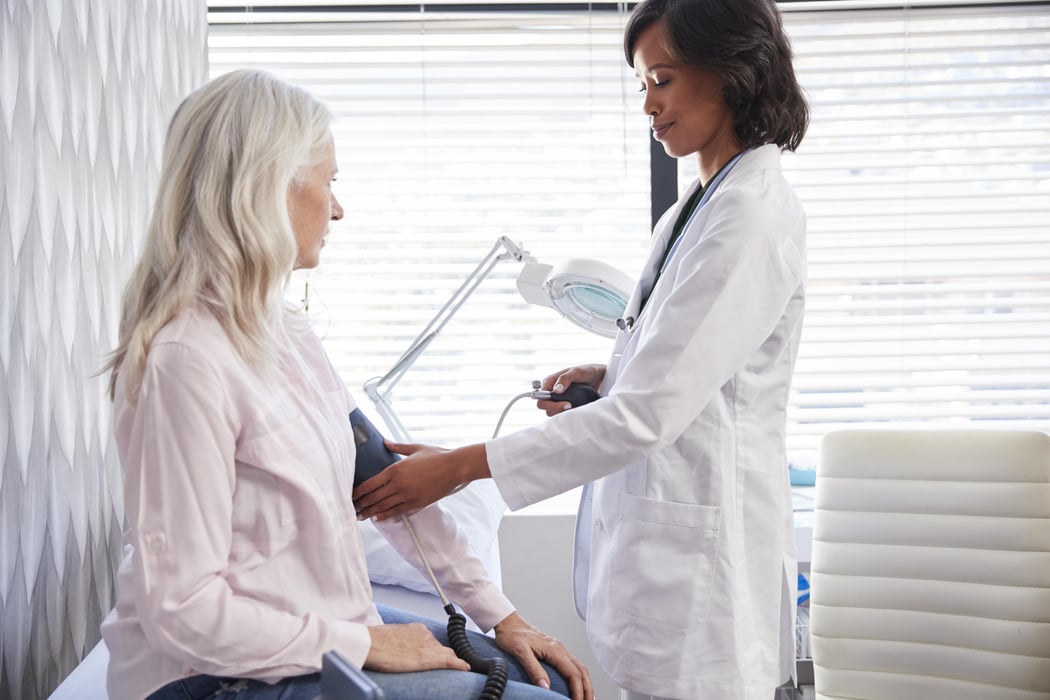More CIN2+ Detection Seen With HPV Catch-Up Screening in Women Aged ≥65

TUESDAY, July 11, 2023 (HealthDay News) -- For women aged 65 to 69 years, catch-up human papillomavirus (HPV) screening is associated with higher cervical intraepithelial neoplasia (CIN) grade 2 or worse (CIN2+) detection, according to a study published online July 6 in PLOS Medicine.
Mette Tranberg, Ph.D., from Randers Regional Hospital in Denmark, and colleagues examined the effects of a catch-up HPV test among 65- to 69-year-old women without previous record of HPV-based screening in the last ≥5.5 years in a population-based study. A total of 11,192 eligible women residing in the Central Denmark Region were invited for HPV screening by attending clinician-based sampling or requesting a vaginal self-sampling kit (intervention group), and 33,387 women residing in other regions received standard care, which was the opportunity to have a cervical cytology collected for whatever reason (reference group).
The researchers found that 62.2 percent of women in the intervention group were screened within 12 months from the date of study inclusion, while 2.2 percent had a cervical cytology collected in the reference group. CIN2+ detection was significantly higher in the intervention versus the reference group (3.9 versus 0.3 per 1,000 women).
"The HPV catch-up screening intervention was associated with higher CIN2+ detection as compared to no screening intervention but longer follow-up is necessary to observe if the intervention translates into fewer cervical cancers and deaths in the screened women," the authors write.
One author disclosed ties to the pharmaceutical industry.
Related Posts
Las sobredosis fatales afectan con mayor severidad a los estadounidenses con menor nivel educativo
MARTES, 10 de octubre de 2023 (HealthDay News) -- Los estadounidenses que no han...
U.S. Nursing Home Deaths Rise as Delta Spreads
MONDAY, Oct. 4, 2021 (HealthDay News) -- There has been a significant increase...
Even ‘Modest’ Drop in Kidney Function Might Harm Young Adults: Study
FRIDAY, June 23, 2023 (HealthDay News) -- Young adults who have even modest...
